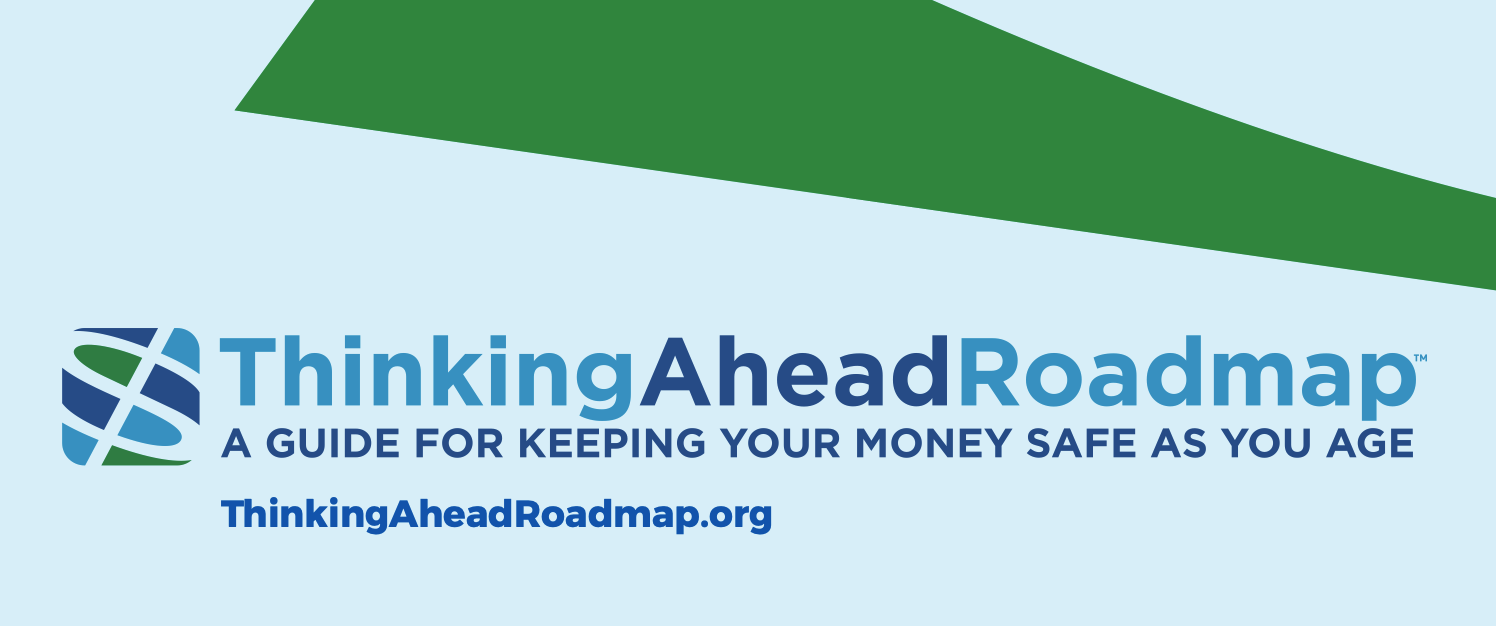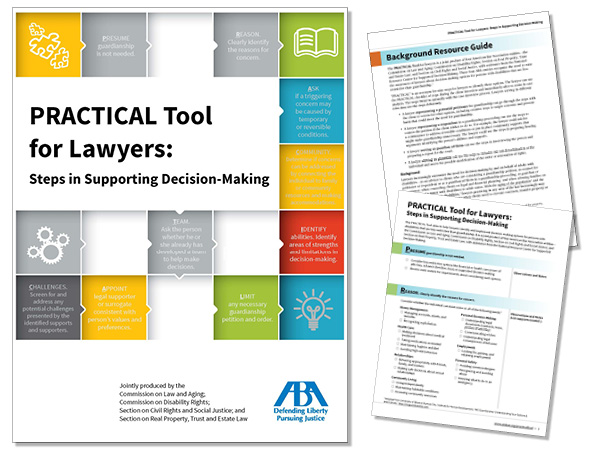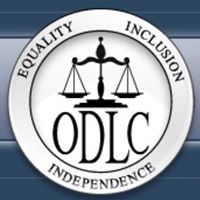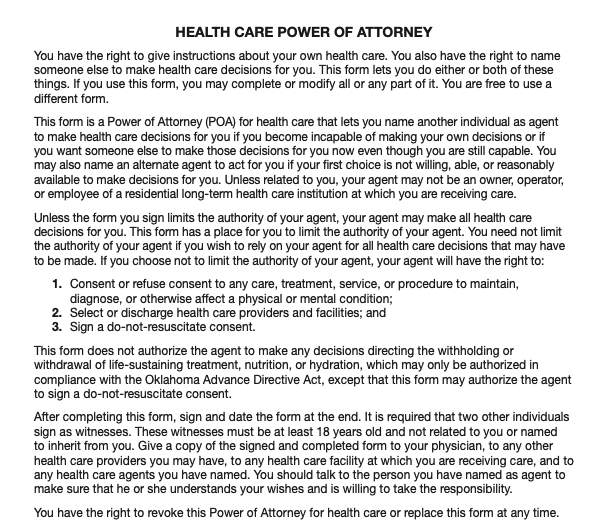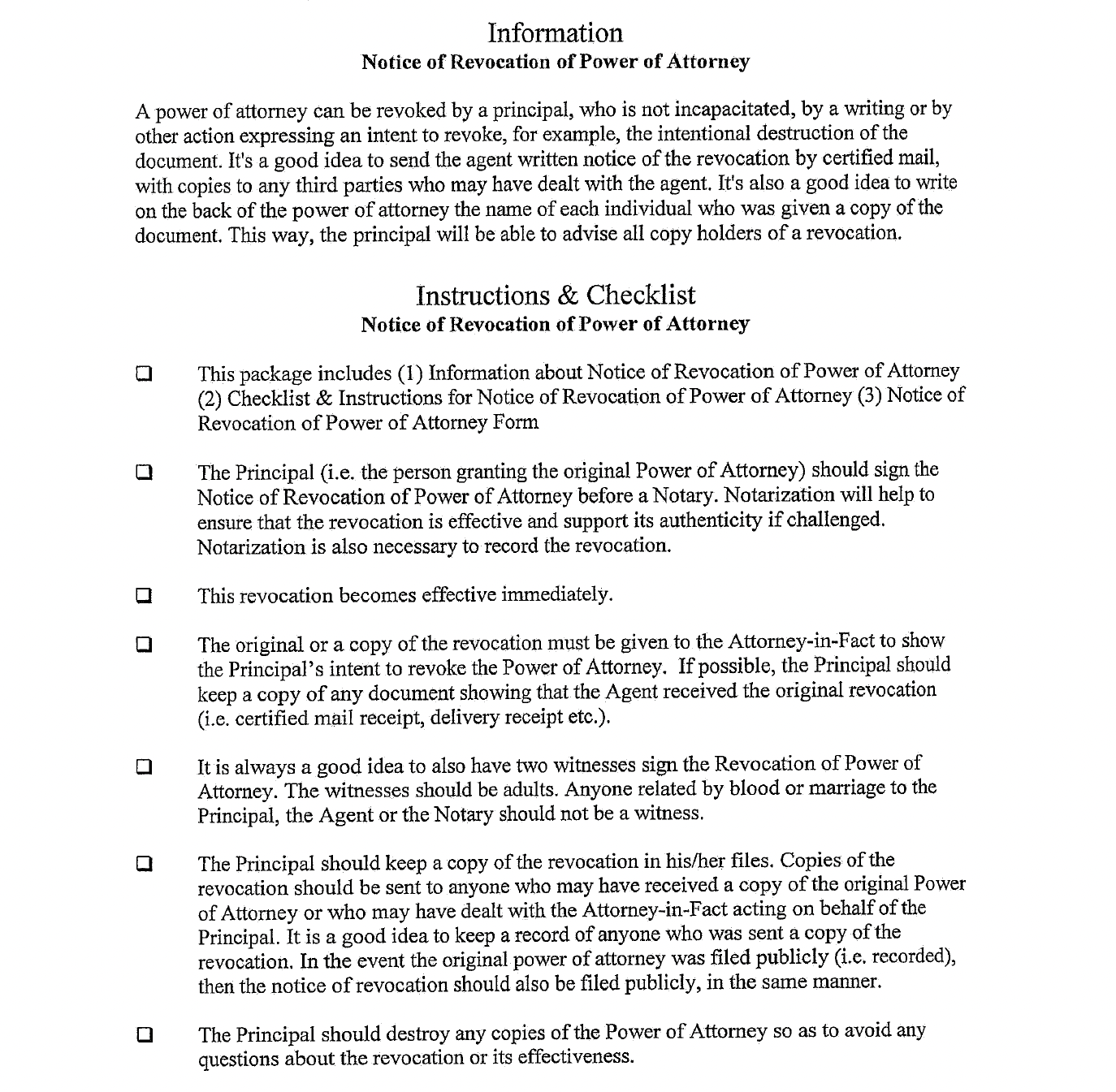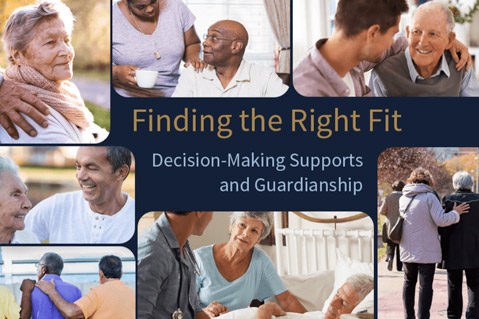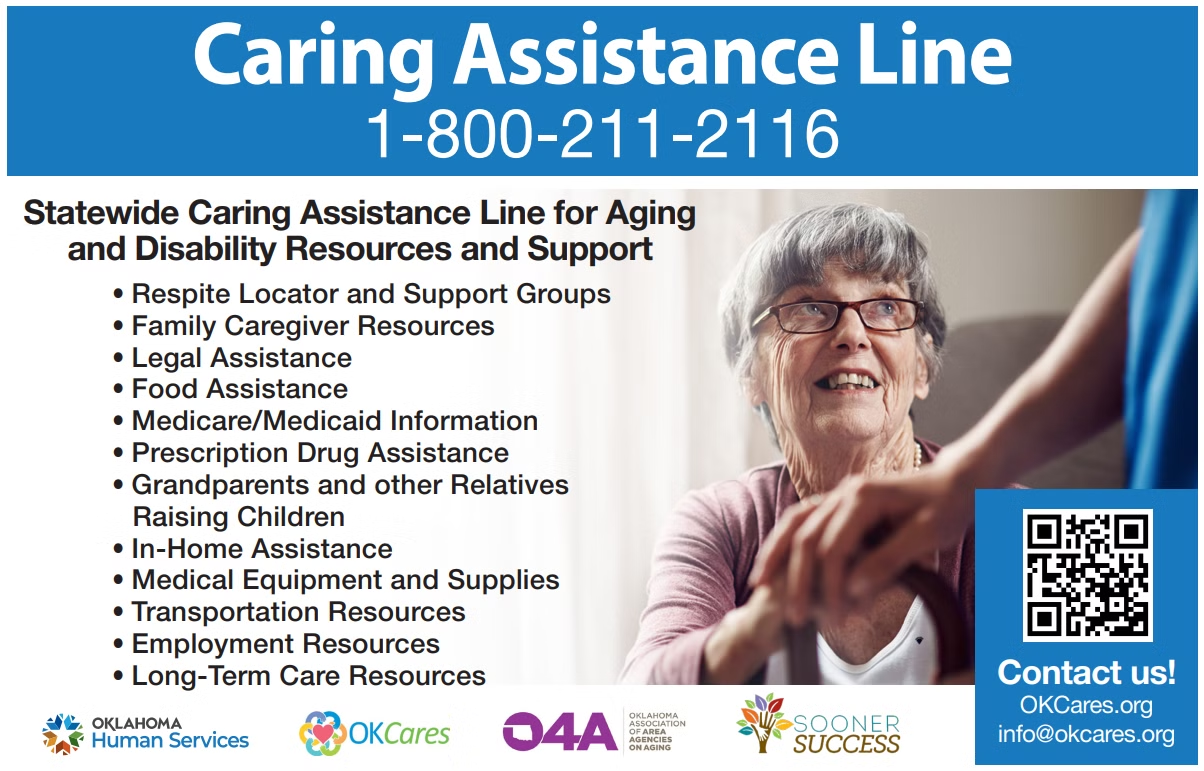Continuum of Decision-Making:
Guardianship and Alternative Options
Find the right support for decision-making, from complete independence to guardianship and everything in between.

People are living longer and healthier lives because of better healthcare and technology.
We need to think carefully about how to support people who might need help making decisions, including adults with disabilities.
When our family members struggle, we can help them understand their strengths, what they find difficult, and what their limits are. This helps them be involved in making important choices about their lives.
We want to use the simplest and least restrictive ways possible to create a plan that fits their wishes and needs. If adult guardianship is part of the plan that changing or ending a guardianship is not easy. It can be done, but it can be complex and costly, so guardianship should be the last resort.
(The information below is to help you learn and connect you with helpful resources. It is not legal advice.)
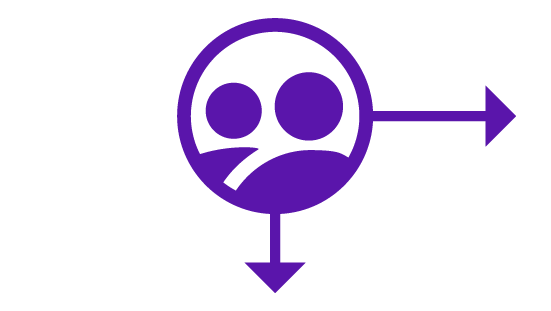


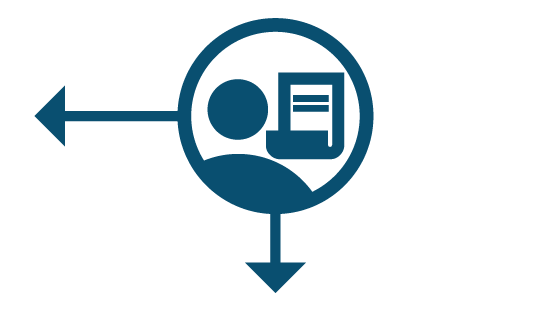

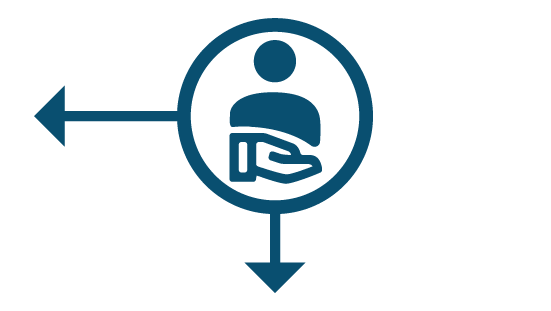

Independent: Future
Planning Tools
The following tools can be used to help guide planning for the future
Online Planning Resources
Care Planning Guides & Workbooks
What is Supported Decision Making?
Supported Decision Making (SDM) helps people learn what supports they need to make their own decisions. Oklahoma law currently recognizes supported decision-making as a “least restrictive alternative.” People may choose trusted family and/or friends to help them instead of someone else deciding for them (like a guardian). These trusted people can explain things, offer advice, and listen to the person’s ideas. The supported person always makes the final decision.
“Supported decision making” means assistance from one or more persons chosen by an individual in understanding the nature and consequences of potential personal and financial decisions to enable the individual to make such decisions, and in communicating such decisions if consistent with the wishes of the individual”
Okla. Stat. tit. 30, § 1-111(13) & (28) (2021)
Choose Trusted Support
People may choose trusted family and/or friends to help them instead of someone else deciding for them (like a guardian).

Receive Guidance
People may choose trusted family and/or friends to help them instead of someone else deciding for them (like a guardian).

Make Final Decisions
The supported person always makes the final decision.
Care Planning Guides
Learn How Supported Decision-Making Can Work For You
Supporting Families
Working to better assist and support families that include a member with I/DD across the lifespan
What is a Representative Payee?
A representative payee is a person or organization that helps someone manage their Social Security or SSI money. They receive the money and use it to pay for things the person needs, like food, clothing, and housing. Income from employment or tribal benefits may be treated differently. See below for tribal resources.

Managing Benefits
Using the Social Security or SSI money to pay for the person’s current and future needs.

Meeting Needs
Pays for food, clothing, and housing.

Saving Funds
Saves any money left over.

Record Keeping
Keeping records of expenses and how the money was used.
Representative Payee Resources
The following are some of the tools available that can be used to help guide planning for the future.
Educational Videos for Caregivers and Individuals
For the Caregiver: What is a Representative Payee
Representative Payees
Helping Others Apply for Social Security
Insurance and Financial Assistance Programs
What is an Advanced Directive?
An advance directive is a document that tells a doctor and family what kind of medical care a person wants if they can’t tell them themselves. It’s like writing down wishes for health care at a time someone can’t speak for themselves.
Advance Care Planning
Advanced Directives for Healthcare
Legal Resources
OKLaw – Advance Directives
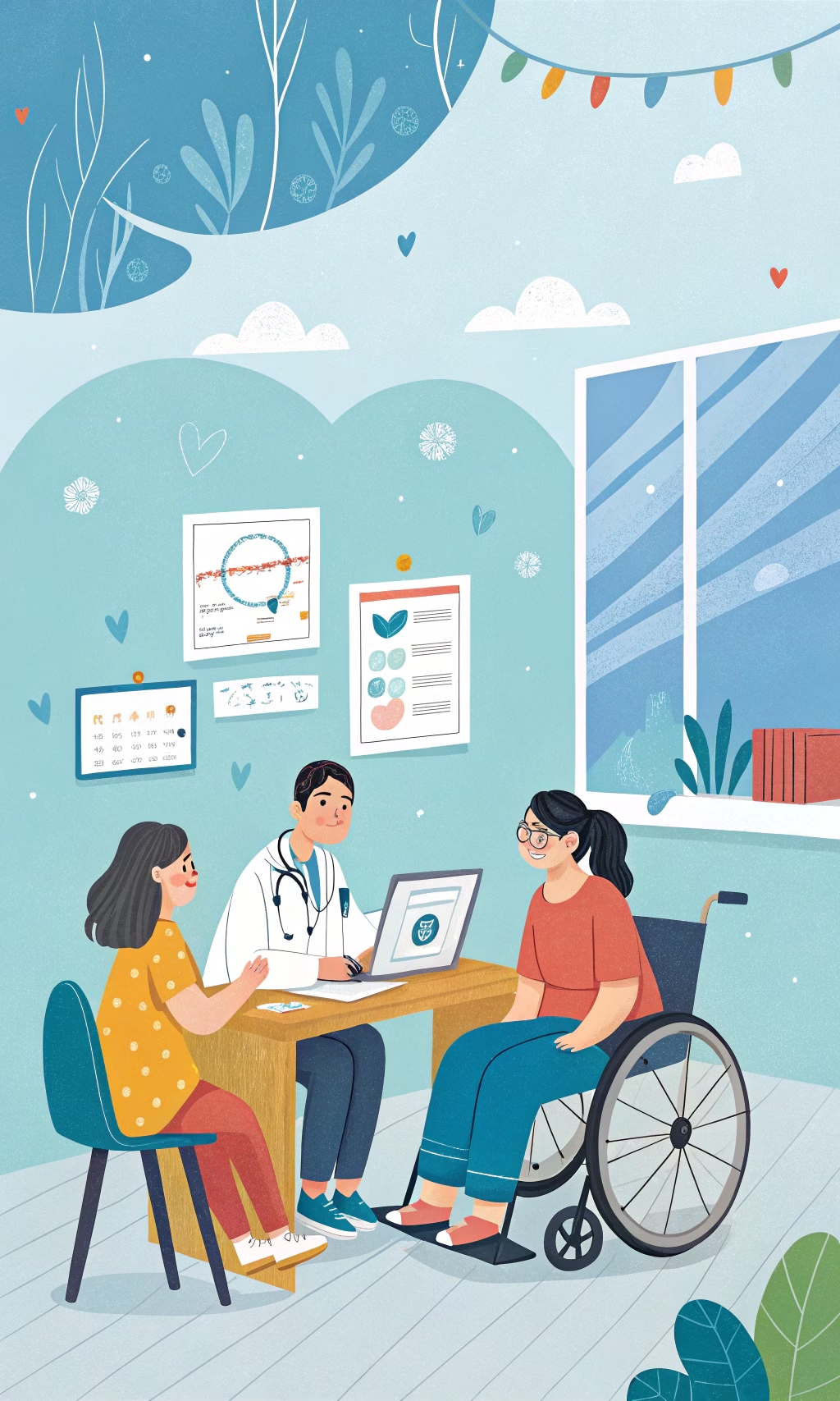
What is a Power of Attorney?
Power of Attorney (POA)
A Power of Attorney (POA) is a legal document that allows a trusted person, an attorney‐in‐fact or agent, to make decisions for a person asking for support, the principal. The attorney‐in‐fact can help with money, health, and/or other important things. The POA ends when the principal chooses or when they are no longer able to make their own decisions.
Durable Power of Attorney (DPOA)
A Durable Power of Attorney (DPOA) is the same as a POA except it remains in effect even if the principal is no longer able to make decisions.
Power of Attorney Resources
Centered Practices – Choosing a Health Care Power of Attorney: Who is Your "Who"?
Recorded Webinar from the National Center on Advancing Person
What is Guardianship?
General Guardianship
General Guardianship is when a court gives someone (the guardian) the power to make decisions for another person (the ward). This could involve financial or personal decisions(such as healthcare) or both.
Limited Guardianship
A limited guardianship is when a court gives someone (the guardian) the power to make some decisions, not all, for someone else (the ward). The guardian’s power is limited to specific areas, like finances or healthcare, so the ward keeps control over other things.
Guardianship Resources
Alternatives to Guardianship
Recorded Webinar from the Developmental Disabilities Council of OK
Tribal Resources
Oklahoma Indian Legal Services
Legal assistance and representation for Native Americans in Oklahoma
Tribal Court List
Access tribal court information and resources across Oklahoma
Bureau of Indian Affairs
Federal agency providing services to federally recognized Native American tribes
Other Resources
The following are some of the tools available that can be used to help guide planning for the future.
These resources can help individuals and families navigate decision-making options and locate support services available in Oklahoma.
Information and Legal Support Resources
Guardianship and Government Resources
Family and Sibling
Support Resources
Information Center - Special Needs Alliance
OK Bar Association
The Sibling Survival Guide
OK Disability Law Center
Oklahoma Human Services (DHS)
Sooner Success Sibling Support
OK Legal Aid
Supported Decision Making
OKDHS: Adult Protective Services
Other Resources
The following are some of the tools available that can be used to help guide planning for the future.
These resources can help individuals and families navigate decision-making options and locate support services available in Oklahoma.
Information and Legal Support Resources
Information Center - Special Needs Alliance
OK Disability Law Center
OK Legal Aid
Guardianship and Government Resources
OK Bar Association
Oklahoma Human Services (DHS)
Supported Decision Making
OKDHS: Adult Protective Services
Family and Sibling Support Resources
The Sibling Survival Guide
Sooner Success Sibling Support
Additional Assistance
Disclaimer
These resources were reviewed and selected by members of the Bridging Aging and Disability Community of Practice. The resources may include legal information but none of it is legal advice. Please make sure to speak with your lawyer before taking legal action.
This website does not endorse any of the specific resources listed above. The resources presented here are for informational purposes only.



